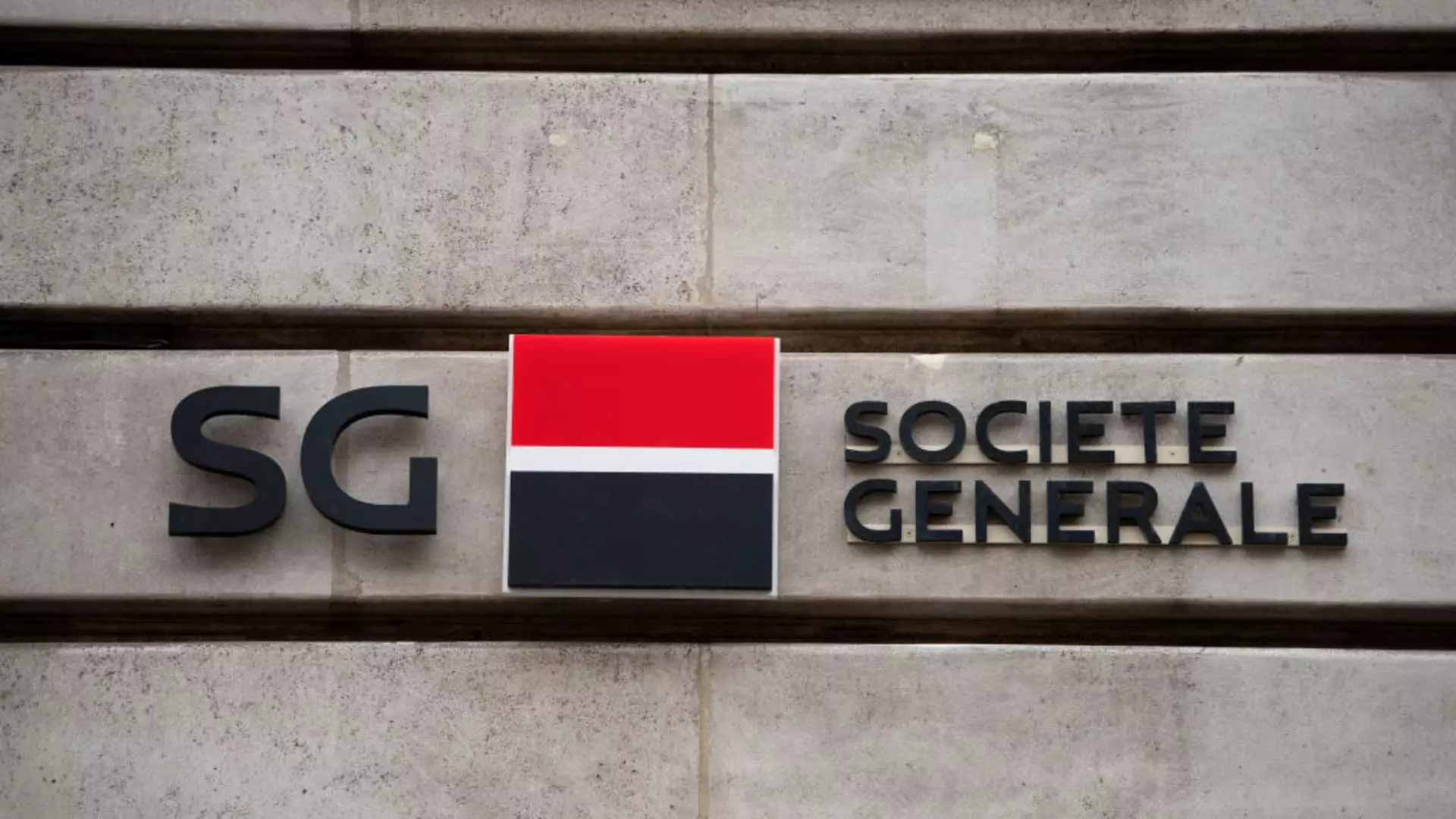A former trader at Societe Generale, Kavish Kataria, recently spoke out against the French bank for what he believes was an unjust termination. Kataria claims that he was made a “scapegoat” after being fired for unauthorized risky bets, while the bank failed to acknowledge its own share of responsibility for the oversight in monitoring the trades. Despite the profits and losses from his transactions being reported on a daily basis to his superiors in both the Hong Kong team and the Paris head office, Kataria found himself at the receiving end of the blame game.
According to Kataria, instead of owning up to the failures in their risk system and identifying the problematic trades in a timely manner, Societe Generale chose to terminate his contract, leaving him to face the repercussions alone. This raises concerns about the efficacy of the bank’s risk management practices and the overall accountability within the institution. While Kataria highlights the daily email updates sent out about the transactions, he questions why the irregularities were not flagged sooner by those in charge of oversight.
Although Societe Generale claims that the trading incident in question did not result in any financial losses for the bank, there was a looming risk of losses amounting to hundreds of millions of dollars, especially if there had been a market downturn. This sheds light on the gravity of the situation and the potential implications of inadequate monitoring and control over trading activities within financial institutions.
In response to his dismissal, Kataria took to LinkedIn to express his disappointment in the lack of regulations to protect traders and ensure fairness in the industry. He emphasized the need for better oversight and accountability to prevent similar incidents from occurring in the future. Kataria’s plea for justice reveals a broader issue within the trading sector, where the absence of stringent rules and regulations can lead to unjust outcomes for individuals like himself.
Societe Generale’s history is tainted by past incidents of rogue traders, such as Jerome Kerviel, whose unauthorized trades resulted in significant losses for the bank in 2008. The echoes of these scandals continue to haunt the institution, underscoring the importance of stringent risk management practices and internal controls to prevent similar occurrences. The recent decline in net income reported by the bank further underscores the need for a thorough reassessment of their risk management protocols to safeguard against future financial risks.
The case of Kavish Kataria serves as a cautionary tale of the pitfalls of scapegoating and the vital role of robust risk management in the banking sector. It raises important questions about accountability, oversight, and regulatory reforms that are necessary to uphold the integrity and stability of financial institutions. Kataria’s experience highlights the need for greater transparency, diligence, and governance to prevent similar incidents from recurring in the future.

